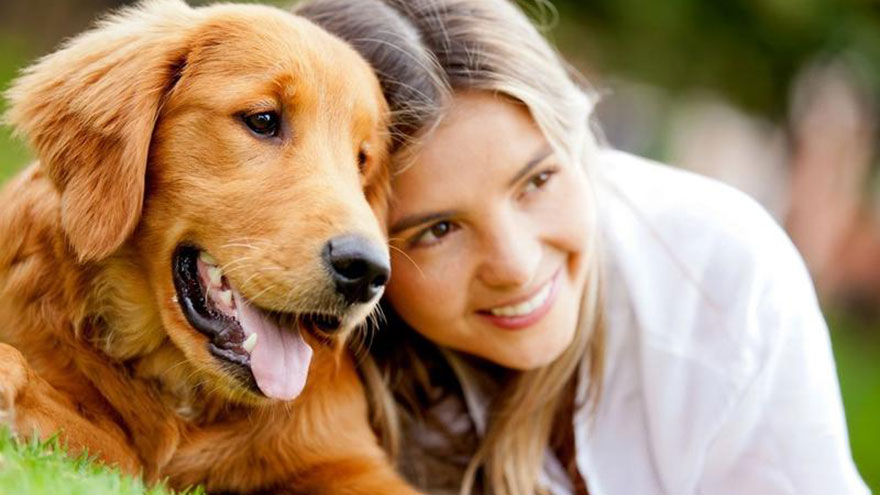How to Care for a Puppy With Parvovirus Symptoms
Puppies with parvovirus symptoms require fast treatment and relief. Parvovirus can quickly make a puppy extremely ill, due to dehydration and other complications caused by severe vomiting and diarrhea. If your puppy has parvo, begin treatment as soon as possible, as waiting too long could result in death.
Things You’ll Need
- Fluids
- Antibiotics
- Anti-vomiting medications
- Corticosteroids
4 Steps to Care for a Puppy With Parvovirus Symptoms

1. Administer fluids to the puppy. Vomiting and diarrhea can cause dehydration, a condition that is extremely dangerous and detrimental to an animal’s health. Since the puppy likely can’t hold fluids down by drinking them, they need to be given either intravenously or subcutaneously. Giving fluids intravenously involves inserting a catheter into the puppy’s vein and supplying fluids inside. Subcutaneous fluids are given under the puppy’s skin. I.V. fluids are the best option as they supply fluids to the puppy very fast; however, the administration of subcutaneous fluids is much less stressful.
2. Administer antibiotics to prevent secondary bacterial infections. These medications must be given either through injection or the I.V. line, as the puppy should not take anything orally. Adding substance into the stomach will likely cause a vomiting reaction, potentially resulting in more dehydration.
3. Withhold food and water until the vomiting and diarrhea are under control. Provide the puppy with the nutrition it needs intravenously.
4. Give anti-vomiting medication if the vomiting is severe. In addition, administer corticosteroids if the puppy begins to show symptoms of shock, such as pale gums, difficulty breathing and dilated pupils.
Tips and Warnings
- Parvovirus is extremely contagious and is spread by feces in the environment; therefore, it is essential to clean and sanitize the area in which a puppy with parvovirus stayed. Bleach solution should clean any surfaces, bedding, bowls or other materials that may have come in contact with infected feces or vomit.
- Treating a puppy with parvovirus is often a difficult, extensive task. Even if treated with the best care, it is very possible for a puppy to pass away from parvo.
- Intravenous administration of liquids and nourishment is best left to a professional. If your dog shows signs of parvovirus, take him to the veterinarian immediately.
You Might Also Like :: Why Do Dogs Shake Their Ears?

